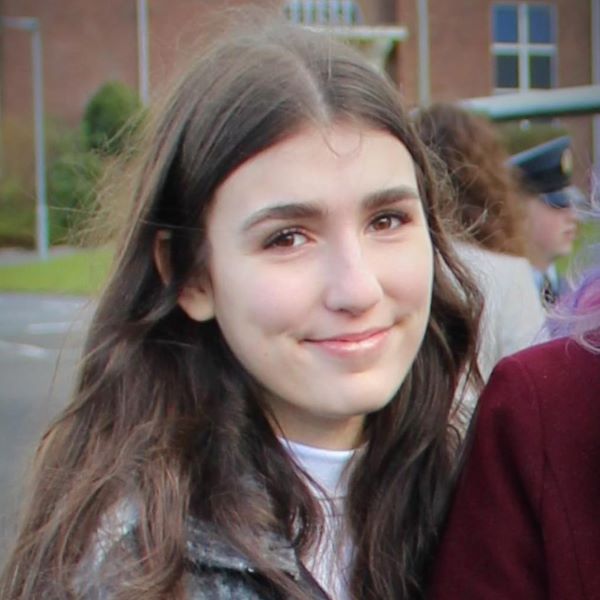When trying to put out the disaster of deforestation, plastic only fuelled the flames.
In 1959, a Swedish engineer inadvertently set in motion one of the most detrimental chain reactions of the last century. His invention of the plastic bag seemed to be the saviour of the forest, as it replaced paper bags. Evidently this was not the case. So, with intentions so virtuous, how did Thulin's innovation kindle such an environmental catastrophe?
To answer that question, it must be acknowledged that plastic had been around for many years prior. However, this was one of the first applications of what we now know as single use. From the invention of the material in the late 1800s... to the whole planet now tied neatly with a plastic bow, it is hard to determine the exact turning point of this resource. Somehow it has slowly advanced and multiplied, taking over the supermarket isles and creeping into any industry possible.
When we hear the words 'single use plastic', our minds directly go to food packaging. Yes, it has played an integral role in protecting our ingredients' freshness and improving convenience for our snacking habits, but at what cost? The main cause for increase in plastic production is of course, packaging. In 2015 it made up 52% of all plastic thrown away and by now that number will be rocketing. As the busyness of our days have increased, so has the demand for time-saving packaging. Many companies have had to adapt their products to keep up with the ever-growing pace of modern life. For example, cheese brands, such as Cathedral, have come out with singularly wrapped snack sized cheese blocks. It should evidently be known that no one has time for cutting cheese themselves anymore! Even the naturally sourced, protective exterior of some fruit and vegetables can't be found without unnecessary plastic covering of some sort. Many have noticed this error and taken a step back to buying loose items, although the prices are considerably higher. Agreed, the 21st century has transformed how we live daily but some aspects should have been left alone.
Another environment in which plastic is thriving is healthcare. You may think the only thing leaving a hospital is recovered patients, but they are in fact they are followed by dumpsters full of plastic waste. Over the last 30 years there has been a significant shift from metal instruments to disposable plastic ones. For example, scalpel handles, syringes and forceps are no longer comprised of a reusable metal, as the job of sterilising them has become too arduous and time consuming. Needless to say, items such as gloves and needles must be thrown away and replaced due to hygiene and the risk of contamination. However, other items can be disinfected and reused. According to the National Geographic, a hysterectomy can produce up to 20 pounds of waste, mostly consisting of plastic. It is at high speed in which actions must be taken to save a life and it is essential that the correct equipment is at the ready. Nevertheless, this could still be achieved with reusable instruments. In the matter of what can be done, it is unlike a restaurant, where we can simply boycott them for serving us a plastic straw. If you ever find yourself in an emergency and in desperate need for medical attention, I would not advise starting a plastic protest against the doctor trying to save you. Therefore, the suitable course of action would be to spread awareness and inform those in hospitals the damage they are contributing to.
As a society, we have acquired an 'out of sight, out of mind' perception when it comes to the waste we create. Once we have successfully fulfilled the challenging task of binning our rubbish, no more thought on it is spared. Your bin bag's final destination may be the inside of a landfill, yet its journey does not end there. Its contents will outlive all inhabitants of the earth by far and can leak toxic substances into surrounding habitats. Future repercussions are currently uncharted, however we do know that endlessly shovelling our waste products into the planet's crust cannot continue. A temporary solution like this is not sufficient for such an intensifying dilemma.
Almost every ecosystem has felt the impacts of the choices we make daily. From the havoc of uprooted rainforests once thriving with wildlife, to the depths of the oceans with damaged coral and filled with an abundance of unwanted artificial guests. Experts have predicted that the plastic floating around is set to outweigh fish by 2050. With every tree wrenched from the ground for palm oil or animal dying of a body full of plastic, we take a step further away from the role God gave us. Unless, in the unlikely case that stewardship means to ruin creation, we must begin to drastically change the way we utilise the planet. It is a blessing given to cherish and not a resource to mindlessly dispose of. So, can a hurtling train be reined in before it reaches a terminal velocity? Will the disastrous predictions for the future become a sealed fate?
To see any significant changes, we must alter our capital-driven mindsets to focus on the real importance and beauty of what is around us. The role of being a steward has been passed down to us all and we must treat it with the same importance as the jobs we are paid for. The responsibility of nurturing the earth cannot rest with a minority of its inhabitants; we must all share the obligation.
Gabriela Fanucciu is a pupil at St Bede’s Catholic School, Lytham St Annes.



 Loading ...
Loading ...
What do you think?
You can post as a subscriber user ...
User comments (0)